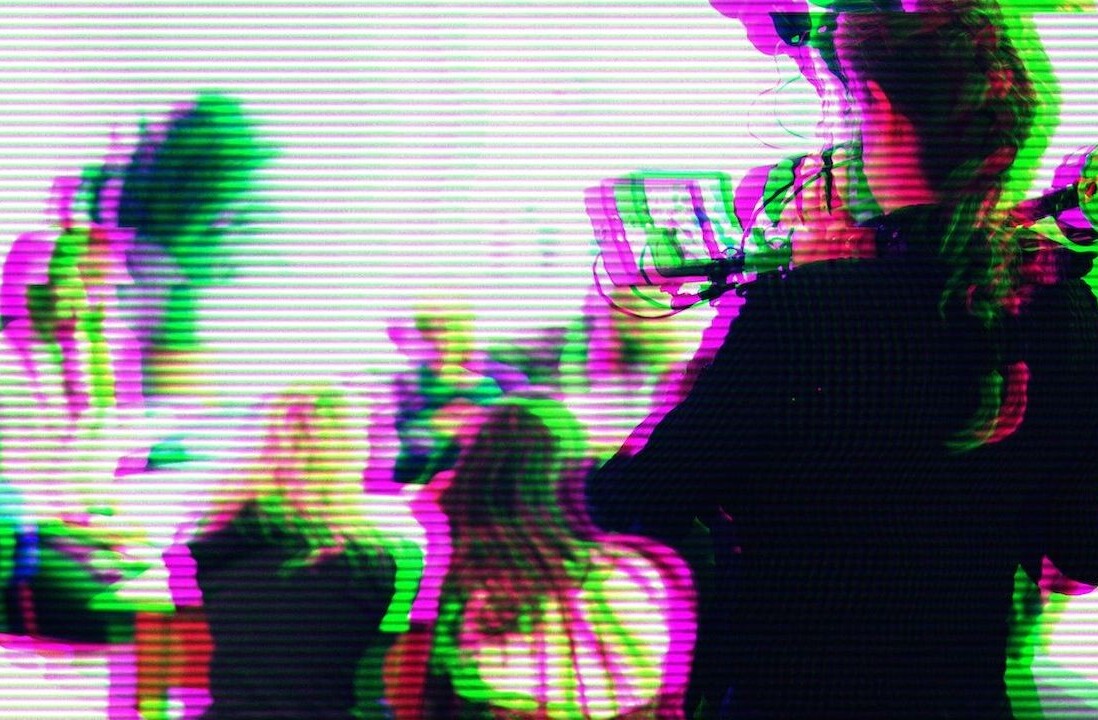
As a creative person at a startup or larger company, it feels surreal to do what you love and belong to a team that’s pursuing a worthwhile endeavor.
Chances are, you were hired because you possess the traits of ownership, autonomy, creativity, and grit. Owning your output, shipping on time, and finding your own answers to questions makes your Mondays meaningful.
Alas, like all creatives, you are also prone to the comfort of routines, especially when your team grows and you have more assets and specific processes to follow. When this happens, it can become difficult to be objective about your work. It’s important to assess where you stand—what is the creative quality of your work and, more importantly, what must improve?

Every now and then I need to revisit the wisdom of my favorite entrepreneurs, artists, and thinkers so that I can continually improve my craft—both for my own creative soul and for the betterment of my career and company.
Here are seven ways you can nurture your creativity.
1. Break Out of Your Craft
In her book On Looking: Eleven Walks with Expert Eyes, cognitive scientist Alexandra Horowitz describes how she walked around her local city block with various professionals. Each noticed something different based on his or her expertise: the geologist noticed all types of different stones in buildings and sidewalks, and the typography expert pointed out all the surrounding words.
The bias of our perspective, Horowitz says, is rooted in our expertise; it influences the way we see the world. “The psychiatrist sees symptoms of diagnosable conditions in everyone from the grocery checkout cashier to his spouse; the economist views the simple buying of a cup of coffee as an example of a macroeconomic phenomenon.”
This insight made me realize that it’s important to step out of my own skill set from time to time.
Step into the worlds of your teammates and study their processes. For example, looking over the shoulder of our design team helps me understand their methodology and, in turn, provides insights on what I can tinker with to make the whole process—my creative work included—better.
2. Be Okay With Imperfect Work
Plato once theorized that all things are produced by nature, chance, or art. The most beautiful and greatest is done by nature or chance; the least and most imperfect is art.
Does that bother you?
It drives me mad. Any creative takes his or her work personally. It is emotional labor based on our experiences and the way we see the world (and the way we want others to see the world).

The one thing that makes creative labor scary is the lack of reassurance. Today’s great essay may be tomorrow’s greatest flop. No one knows what a perfect headline or website looks like.
But again, that’s merely one narrative, one way to view your work.
The lack of reassurance has another side to the coin: an opportunity to realize that your work is never complete, and knowing this, you learn something new about yourself and the domain every time you ship a project. As a creative, this should be energizing rather than debilitating.
The choice for how you want to see it is yours.
3. Strive to Be Indispensable
In Linchpin: Are You Indispensable?, marketer Seth Godin urges a new mindset that separates you from being a mere cog in an organization to being a linchpin:
If your organization wanted to replace you with someone far better at your job than you, what would they look for? I think it’s unlikely that they’d seek out someone willing to work more hours, or someone with more industry experience, or someone who could score better on a standardized test. No, the competitive advantage the marketplace demands is someone more human, connected, and mature. Someone with passion and energy, capable of seeing things as they are and negotiating multiple priorities as she makes useful decisions without angst. Flexible in the face of change, resilient in the face of confusion. All of these attributes are choices, not talents, and all of them are available to you.
This attitude is a long-term game—it’s about the narrative you tell yourself. Be aware of what your narrative is, and with a focus on being indispensable as a creative force in an organization, make smart decisions that help you embrace that identity.
4. Be Conscious of Your Daily Schedule
“Inspiration is for amateurs,” painter and photographer Chuck Close famously said. “The rest of us show up and get to work.”

There is perhaps no other tribe more obsessed with others’ personal routines and rituals than creatives—a visceral desire to peek into the lives of great artists and to borrow any or all ideas that champion creativity.
Nowhere is this insight more compelling than from psychologist Mihaly Csikszentmihalyi in his book Creativity: The Psychology of Discovery and Invention.
He explains why habits and schedules are so crucial for creative work:
The implications for everyday life are simple: Make sure that where you work and live reflects your needs and your tastes. There should be room for immersion in concentrated activity and for stimulating novelty. The objects around you should help you become what you intend to be. Think about how you use time and consider whether your schedule reflects the rhythms that work best for you. If in doubt, experiment until you discover the best timing for work and rest, for thought and action, for being alone and for being with people.
This is the foundation for your creative process. Hone it, figure out what works for you, and honor it so that you enable yourself to do the work.
5. Find Your Flow
Anne Rice, author of Interview With the Vampire, said about writing, “It’s always a search for the uninterrupted three- or four-hour stretch.” Uninterrupted time is not only valuable in writing, but in all kinds of work.
Mihaly Csikszentmihalyi championed this notion when he realized that this experience was felt and described in a similar manner no matter the person—religious mystics, scientists, artists, and ordinary working people describing their most rewarding work experiences.
Poet Mark Strand captured the idea of flow beautifully when interviewed by Csikszentmihalyi for his book referenced above:
[When] you’re right in the work, you lose your sense of time, you’re completely enraptured, you’re completely caught up in what you’re doing, and you’re sort of swayed by the possibilities you see in this work. . . . When you’re working on something and you’re working well, you have the feeling that there’s no other way of saying what you’re saying.
This ties into the necessity of understanding your schedule and daily rhythms. For example, all my writing gets done in the morning. If I can get into the flow for three or four hours, then my work is done; the latter half of the day can be spent reading and researching.

Finding your flow boils down to managing your daily schedule, finding a space in which you can do your work, shutting off your phone or other distractions, and enjoying the process.
6. Chase Your Curiosities
“Curiosity pleases me,” said physicist Alan Lightman in The Accidental Universe. “It evokes . . . a readiness to find strange and singular what surrounds us; a certain restlessness to break up our familiarities.”
Creative breakthroughs happen not on a singular path, but at the intersection of multiple domains, cross-pollinating ideas and concepts that are seemingly unrelated.
Avoid the self-sabotage of immediately labeling an idea or a curiosity as bad. Put it through the gauntlet first: ask your team for feedback and execute the idea. The only way you’ll know if it’s working is if you ship.
7. Finally, Rest
There is an arrogance that lingers in business and possibly in our culture at large—the self-congratulations for running on a lack of sleep.
Nothing is as fruitless and self-destructive as walking around claiming that you’re doing meaningful work when you’re bone tired. Nobody’s impressed.
Curator and writer Maria Popova described the importance of sleep in her essay 7 Things I Learned in 7 Years of Reading, Writing, and Living:
Most importantly, sleep. Besides being the greatest creative aphrodisiac, sleep also affects our every waking moment, dictates our social rhythm, and evenmediates our negative moods. Be as religious and disciplined about your sleep as you are about your work. We tend to wear our ability to get by on little sleep as some sort of badge of honor that validates our work ethic. But what it really is a profound failure of self-respect and of priorities. What could possibly be more important than your health and your sanity, from which all else springs?
Every day, you have a window (albeit small) to do truly meaningful, creative work.
Be realistic: no creative person works for eight hours straight (or should). The best you’ve got is what Anne Rice described—an uninterrupted three- or four-hour stretch. To harness that, you not only need a pocket of space and time to do the work, you need the prerequisite of rest.
What wisdom do you use to champion your creativity?
This post first appeared on HelpScout.
Get the TNW newsletter
Get the most important tech news in your inbox each week.




